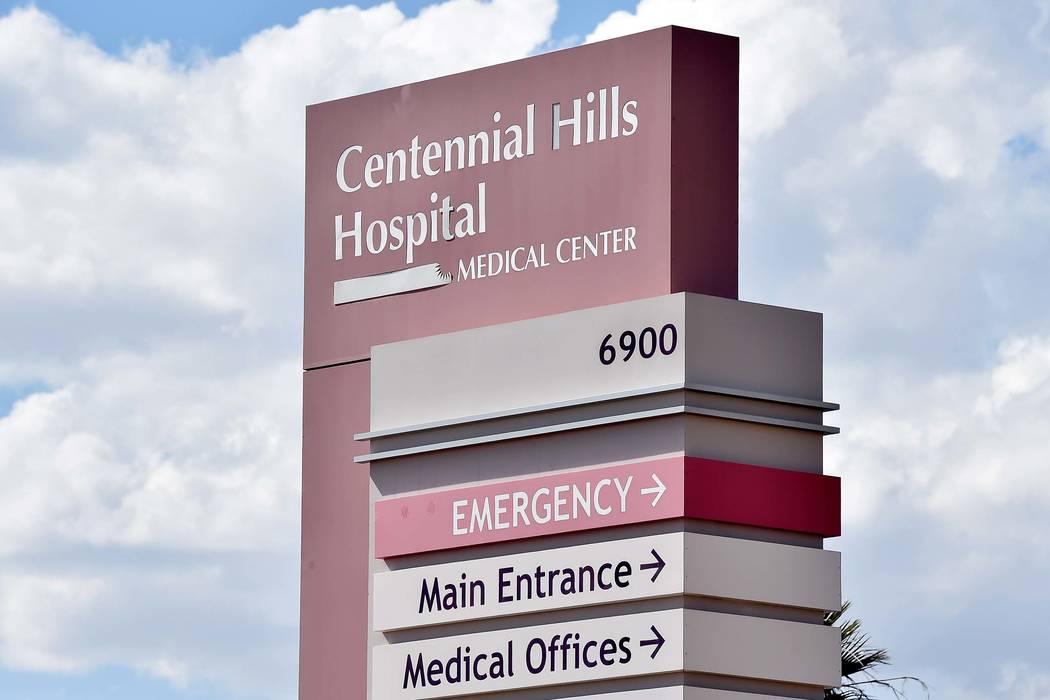Las Vegas hospital ordered to pay nearly $43M to family of dead woman


Centennial Hills Hospital must pay a Las Vegas man and his daughter nearly $43 million in damages after a jury ruled that the hospital and its staff breached standards of care by administering a drug that killed the man’s wife.
The jurors ruled in favor of plaintiffs Dwayne Murray and his 7-year-old daughter, Brooklynn, on Wednesday and ordered the Valley Health System hospital to pay more than $10.5 million in compensatory damages and $32.4 million in punitive damages.
The hospital and its staff administered a nonsteroidal anti-inflammatory drug called ketorolac tromethamine, known by the brand name Toradol, in excess of the manufacturer’s recommended dose to Murray’s wife, LaQuinta Whitley Murray, his attorneys said Friday.
The dosing caused the 29-year-old to have five cardiac arrests and ultimately caused her death, attorney David Creasy said.
Whitley Murray was admitted to Centennial Hills Hospital on April 20, 2013, with severe pain tied to a sickle cell anemia crisis, acute chronic anemia and a recent strep throat infection, the court complaint said.
During Whitley Murray’s treatment at Centennial Hills, the hospital experienced a staffing shortage, according to the complaint. Because of it, she wasn’t transferred to a floor with higher-level care and necessary lab work wasn’t done, the complaint said.
She died four days after she was admitted.
In a text message statement Friday, Michael Prangle, the attorney representing Centennial Hills Hospital, said he would file a post-trial motion, then appeal if necessary.
“While we offer our deepest condolences to the family of the patient, we believe that the nurses at Centennial Hills Hospital met the standard of care in this matter,” Prangle wrote.
Murray’s attorney Dan Laird, who also is a pain medicine physician, said the decision could serve as a landmark for the treatment of sickle cell patients.
“We believe that this case is going to improve the care for sickle cell patients worldwide, because sickle cell patients are particularly susceptible to kidney damage from this drug, Toradol, and the use of Toradol in sickle cell patients needs to stop,” Laird said.
Contact Jessie Bekker at jbekker@reviewjournal.com or 702-380-4563. Follow @jessiebekks on Twitter.













